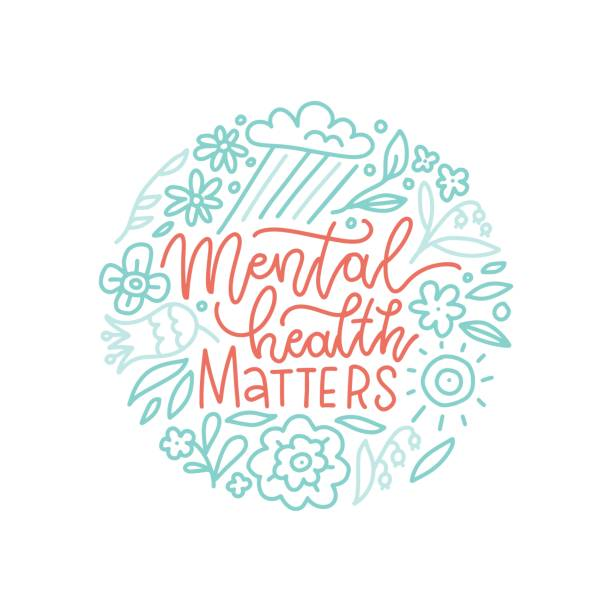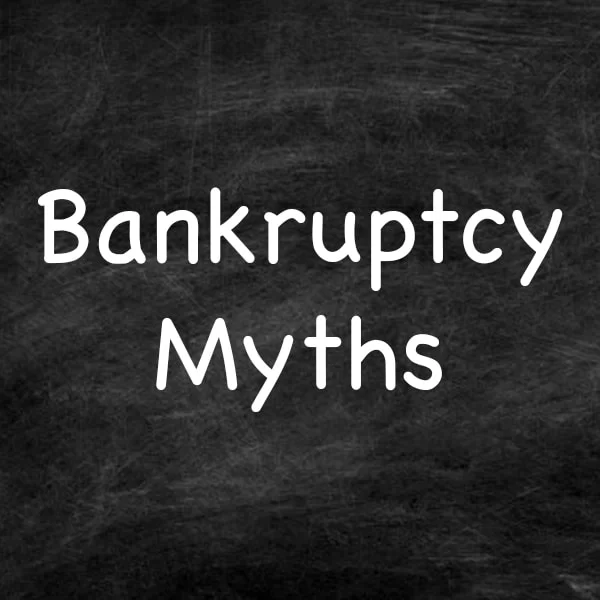Hello all. Today I want to touch on a more serious, but incredibly important topic both for lawyers, and for everyone out there. Mental health. Somehow our society has labeled the discussion of mental health as “taboo” though that is slowly starting to change. In addition, September is Suicide Prevention Awareness Month. This topic hits close to home for me especially now, as last week a member of the Stetson Law community took his own life.
It is okay to not be okay, and today I want to provide some resources and advice if you or someone you know feel as if you are struggling with your mental health. These last few years in our world have been hard on everyone and it is important to know that there are resources and ways to get the help that you need.
First, some mental health statistics. As recently as 2017 the National Alliance of Mental Health compiled a global study that showed:
· 1 in 5 U.S. adults experience mental illness each year
· 1 in 20 U.S. adults experience serious mental illness each year
· 1 in 6 U.S. youth aged 6-17 experience a mental health disorder each year
· 50% of all lifetime mental illness begins by age 14, and 75% by age 24
· Suicide is the 2nd leading cause of death among people aged 10-34.
In addition, here are some statistics from a 2017 study conducted by the American Bar Association which surveyed over 13,000 legal professionals as it relates to mental health and being a lawyer:
· 28 percent of lawyers suffered from depression
· 19 percent of lawyers had severe anxiety
· 11.4 percent of lawyers had suicidal thoughts in the previous year
Secondly, here are some reasons why taking care of your mental health is important.
1.) Our mental health is connected to our physical health. Poor mental health can affect our immune systems which means we may not be able to fight of illness as adequately. Struggling with mental illness can also lead to lower activity levels, which can have a negative impact on overall health.
2.) Our mental health affects our quality of life. Struggling with mental illness can cause people to lose interest in hobbies they previously enjoyed (art, running, music, gardening). Life has many ups and downs, and every day will not be perfect, but it is important to address any mental health struggles you are dealing with early on so that there is not a negative impact on your quality of life and loss of enjoyment in things you once loved.
3.) Mental health awareness can help reduce stigma. As the statistics shared above show, many people struggle with mental illnesses. However, only a small percent actually seek help due to the negative stigma that comes with someone admitting they are dealing with mental health struggles. Getting the help you need and not suffering alone not only helps reduce the stigma around something that should be recognized as normal and important, but it also means that you can get the help that you need and find a support system to go with you on that journey.
4.) Mental health plays a crucial role in relationships. Struggles with mental health can often impact our relationships with friends and family. It can lead to isolation, conflicts, and a sense of loneliness. Taking good care of your mental health or addressing any struggles will allow you to keep this support system in place when you need it the most.
And finally, some important resources should you ever need them. There are many, and each person may be comfortable with a different type of resource.
1.) Suicide Prevention Lifeline at 1-800-273-TALK (8255)
2.) https://www.mhanational.org/finding-help is a comprehensive website offering advice, tips to living mentally healthy, and a comprehensive list of how you can get help for whatever type of mental health assistance that you need.
3.) National Alliance on Mental Illness – this nonprofit organization had educational materials, ways to get involved and donate, resources to connect you to support or mental health providers, and so much more.
I hope you found this week’s post both helpful and informational. While this is a heavy topic, it is an important one that needs to be discussed as much as possible to remove the stigma that surrounds mental health problems. Please reach out for help if you need it and know that you matter, you are important, and people care about you.
**If you or someone that you know is struggling with mental health concerns please do not hesitate to reach out for help. 988 is the Suicide & Crisis Lifeline or you can visit 988lifeline.org.
Sources: https://www.planstreetinc.com/top-ten-reasons-why-mental-health-is-so-important/
https://www.mentalhealthfirstaid.org/mental-health-resources/
https://www.nami.org/Home
https://www.americanbar.org/news/abanews/publications/youraba/2017/december-2017/secrecy-and-fear-of-stigma-among-the-barriers-to-lawyer-well-bei/











